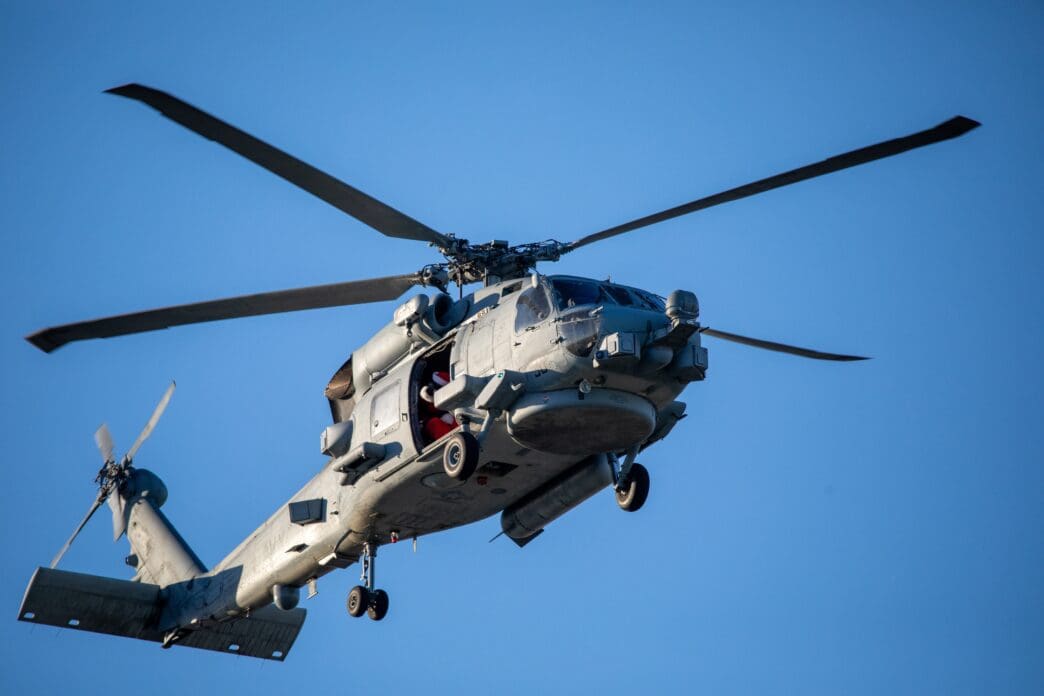Executive Summary
- The Justice Department has informed Congress that the Trump administration is not required to seek legislative approval for lethal military strikes against alleged drug traffickers, asserting these operations do not constitute “hostilities” under the 1973 War Powers Resolution.
- This legal justification is rooted in a classified Office of Legal Counsel opinion that reportedly reclassifies drug cartels as equivalent to terrorists, granting the President expanded authority for military operations against them.
- Since early September, the U.S. military has conducted at least 15 strikes against suspected drug-smuggling vessels, resulting in 64 fatalities, drawing concerns from lawmakers and legal experts regarding the broadening of executive war powers and lack of transparency.
The Story So Far
- The Trump administration’s current military strikes against alleged drug traffickers stem from a significant legal reinterpretation by the Justice Department, which asserts these operations do not fall under the 1973 War Powers Resolution’s definition of “hostilities.” This stance is supported by an OLC opinion reportedly reclassifying drug cartels as equivalent to terrorists, a move that follows President Trump’s executive order designating certain cartels as foreign terrorist organizations, thereby expanding military operational latitude beyond traditional criminal justice approaches to drug trafficking.
Why This Matters
- The Trump administration’s legal interpretation, asserting that lethal strikes against alleged drug traffickers do not constitute “hostilities” under the War Powers Resolution, significantly expands the executive branch’s authority to conduct military operations without explicit congressional consent. This reclassification of drug cartels as terrorist-equivalent entities shifts counter-narcotics efforts from traditional criminal justice to military action, setting a concerning precedent for potential open-ended conflicts and the summary killing of alleged traffickers without robust legal review or congressional oversight.
Who Thinks What?
- The Trump administration, through the Justice Department’s Office of Legal Counsel (OLC), asserts that the 1973 War Powers Resolution does not apply to lethal military strikes against alleged drug traffickers, arguing these operations do not constitute “hostilities” and thus do not require congressional approval.
- Some legal experts and lawmakers, including Democrats and at least one Republican, express concern that the OLC’s interpretation excessively broadens executive authority, potentially leading to open-ended conflict and allowing President Trump to authorize summary killings without traditional legal review or sufficient congressional oversight.
The Justice Department has informed Congress that the Trump administration is not required to seek legislative approval for lethal military strikes against alleged drug traffickers, asserting that a decades-old war powers law does not apply to these operations. This stance, delivered by T. Elliot Gaiser, head of the Department’s Office of Legal Counsel (OLC), to select lawmakers, argues that the strikes in the Caribbean Sea and Pacific Ocean do not constitute “hostilities” under the 1973 War Powers Resolution.
Legal Justification for Strikes
Gaiser’s argument is rooted in a classified legal opinion from his office, which reportedly reclassifies drug cartels as equivalent to terrorists. This opinion emphasizes the fatalities caused by drugs reaching American shores and posits that the absence of retaliatory attacks on U.S. military forces means the nation is not at war, according to congressional sources familiar with the matter.
Scope of Operations and Congressional Concerns
Since early September, the U.S. military has conducted at least 15 known strikes against suspected drug-smuggling vessels, resulting in a total of 64 fatalities, according to a CNN tally. The most recent incident, occurring Saturday in the Caribbean, killed three people. These actions have drawn criticism from some legal experts and lawmakers, including Democrats and at least one Republican, who have called for greater transparency regarding the administration’s legal basis.
The 1973 War Powers Resolution typically mandates that the administration notify Congress of military force deployment and either cease operations or obtain congressional authorization within 60 days. The administration’s initial notification in early September started this 60-day clock, which is set to expire on Monday. However, Gaiser told lawmakers that the administration does not need to seek an extension, as the law is deemed inapplicable in this context.
Broader Implications and Executive Authority
Legal experts have expressed concern that the OLC opinion could pave the way for an open-ended conflict against a potentially secret list of cartels and drug traffickers, granting the President authority to designate them as enemy combatants and authorize their summary killing without traditional legal review. Historically, drug trafficking has been addressed through criminal justice channels, with the Coast Guard interdicting vessels and arresting smugglers.
This policy shift follows President Trump’s executive order on his second term’s first day, designating certain drug cartels as foreign terrorist organizations, thereby expanding military operational latitude. These strikes also coincide with increased pressure on Venezuelan autocrat Nicolás Maduro. Trump is reportedly considering plans to target cocaine facilities and drug trafficking routes within Venezuela, though a final decision has not been made.
Continuing Debate on War Powers
The Justice Department’s interpretation significantly broadens the executive branch’s perceived authority to conduct military operations without explicit congressional consent, particularly in the realm of counter-narcotics. This legal justification for lethal strikes against alleged drug traffickers marks a notable departure from historical approaches and continues to fuel debate over the scope of presidential war powers.








